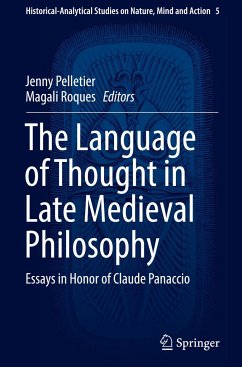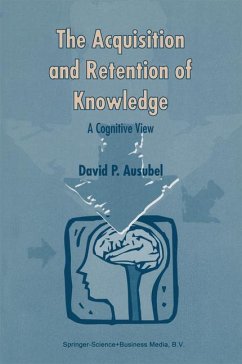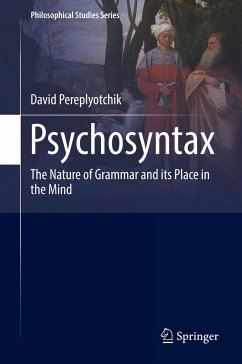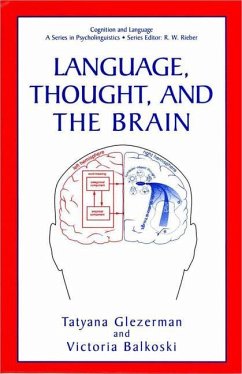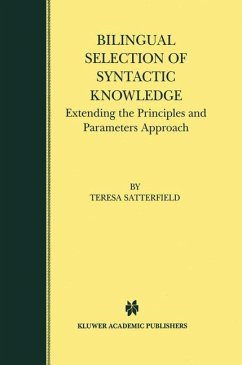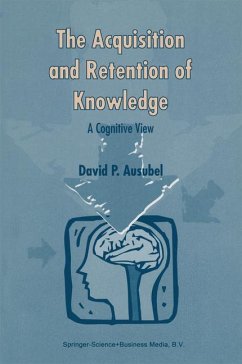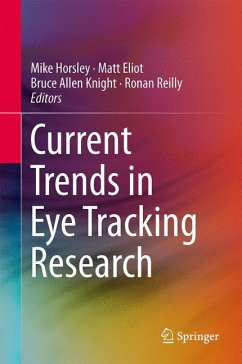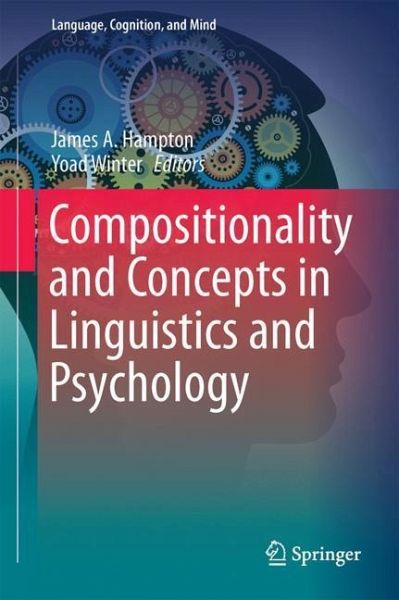
Compositionality and Concepts in Linguistics and Psychology
Versandkostenfrei!
Versandfertig in 6-10 Tagen
38,99 €
inkl. MwSt.

PAYBACK Punkte
19 °P sammeln!
By highlighting relations between experimental and theoretical work, this volume explores new ways of addressing one of the central challenges in the study of language and cognition. The articles bring together work by leading scholars and younger researchers in psychology, linguistics and philosophy. An introductory chapter lays out the background on concept composition, a problem that is stimulating much new research in cognitive science. Researchers in this interdisciplinary domain aim to explain how meanings of complex expressions are derived from simple lexical concepts and to show how th...
By highlighting relations between experimental and theoretical work, this volume explores new ways of addressing one of the central challenges in the study of language and cognition. The articles bring together work by leading scholars and younger researchers in psychology, linguistics and philosophy. An introductory chapter lays out the background on concept composition, a problem that is stimulating much new research in cognitive science. Researchers in this interdisciplinary domain aim to explain how meanings of complex expressions are derived from simple lexical concepts and to show how these meanings connect to concept representations. Traditionally, much of the work on concept composition has been carried out within separate disciplines, where cognitive psychologists have concentrated on concept representations, and linguists and philosophers have focused on the meaning and use of logical operators. This volume demonstrates an important change in this situation, where convergence points between these three disciplines in cognitive science are emerging and are leading to new findings and theoretical insights.
This book is open access under a CC BY license.
This book is open access under a CC BY license.





